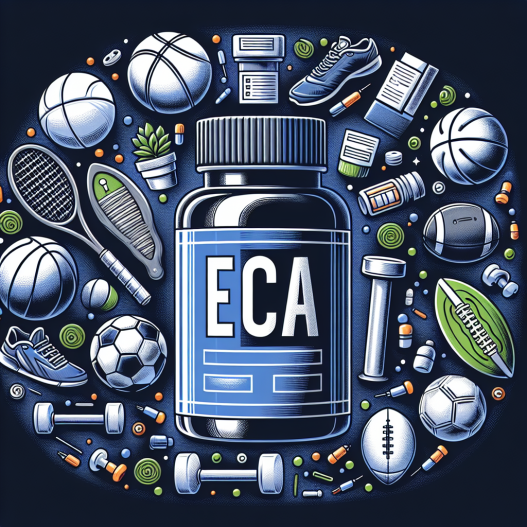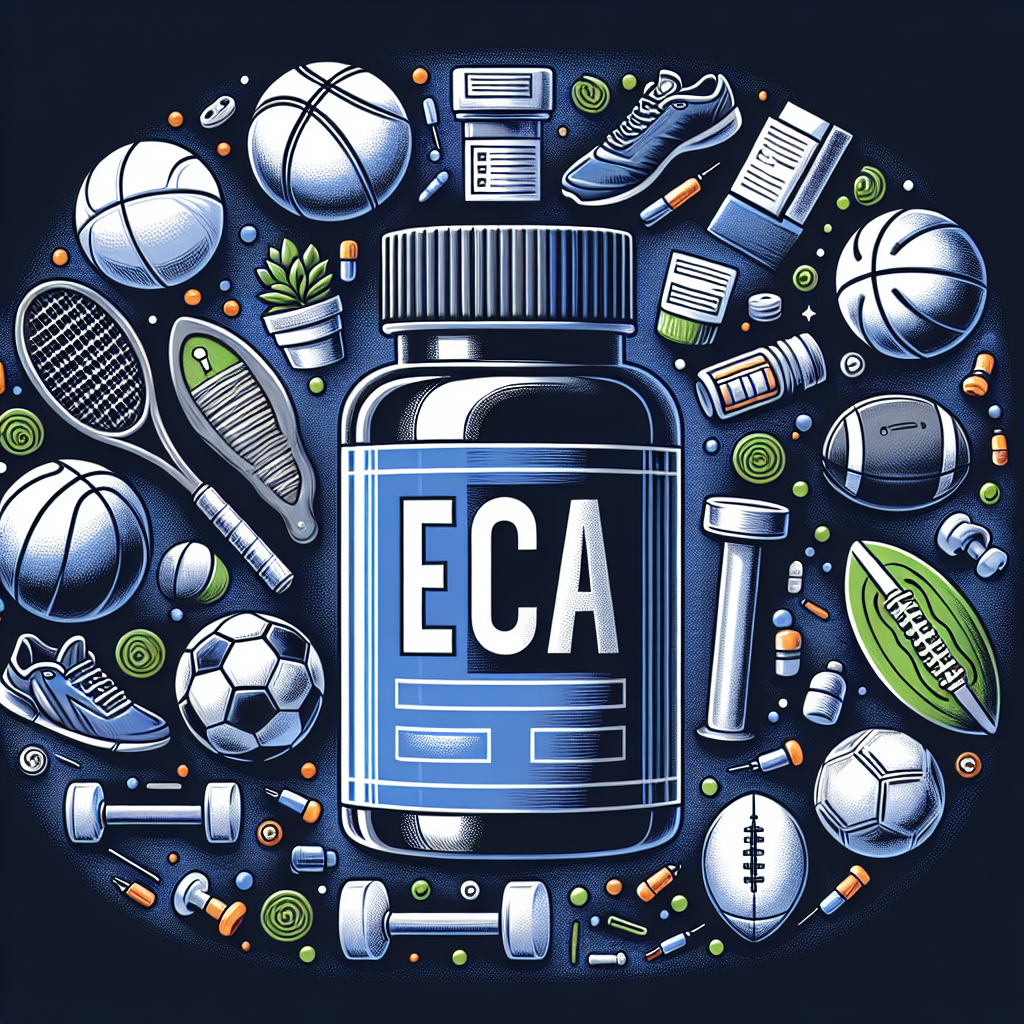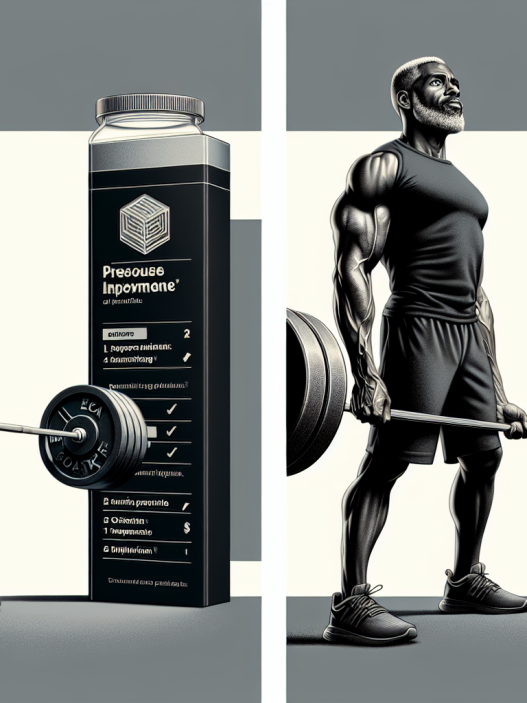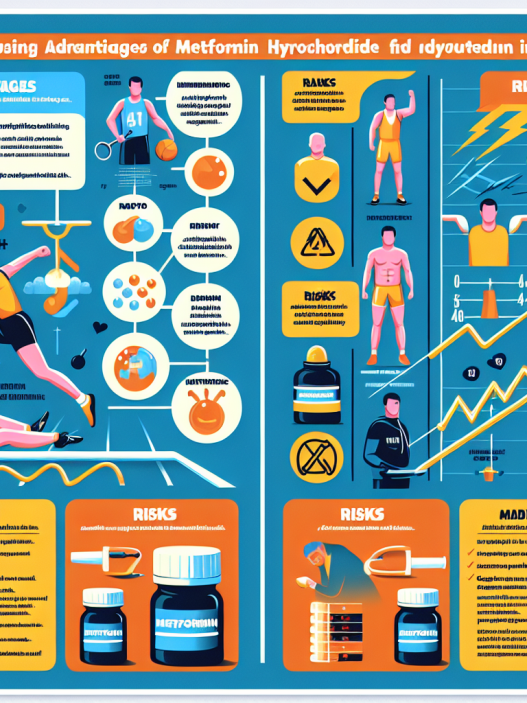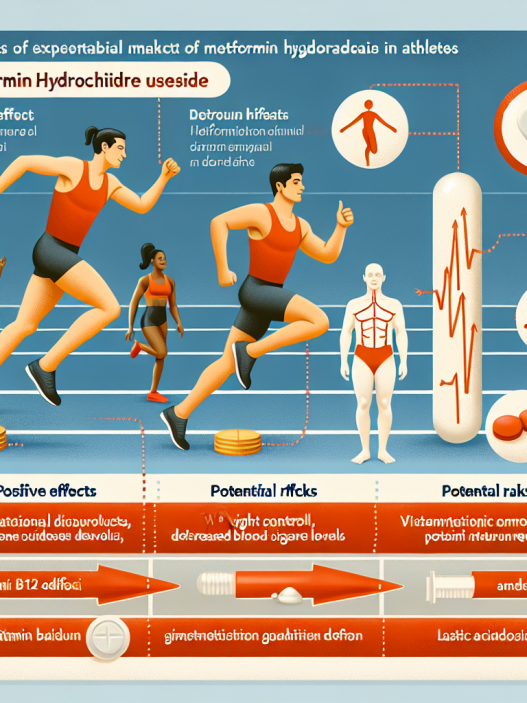-
Table of Contents
Eca: The Controversial Supplement in Sports
Sports and supplements have always gone hand in hand. Athletes are constantly looking for ways to enhance their performance and gain a competitive edge. One supplement that has gained a lot of attention in the sports world is Eca, a combination of ephedrine, caffeine, and aspirin. While some athletes swear by its benefits, others have raised concerns about its safety and legality. In this article, we will delve into the controversy surrounding Eca and explore its pharmacokinetics and pharmacodynamics to better understand its effects on the body.
The History of Eca
Eca is a combination of three substances: ephedrine, caffeine, and aspirin. Ephedrine is a stimulant that has been used for centuries in traditional Chinese medicine. It gained popularity in the Western world in the 1920s as a treatment for asthma and nasal congestion. Caffeine, on the other hand, is a well-known stimulant found in coffee, tea, and energy drinks. Aspirin, a non-steroidal anti-inflammatory drug (NSAID), is commonly used to relieve pain and reduce inflammation.
The combination of these three substances was first used in the 1980s by bodybuilders and weightlifters as a pre-workout supplement. It was believed to increase energy, focus, and endurance, making it a popular choice among athletes. However, it wasn’t until the 1990s that Eca gained widespread attention in the sports world.
In 1994, the International Olympic Committee (IOC) banned the use of ephedrine in sports due to its potential performance-enhancing effects. This led to the development of Eca, which was not explicitly banned at the time. However, in 2004, the World Anti-Doping Agency (WADA) added ephedrine and caffeine to its list of prohibited substances, making Eca a banned supplement in sports.
The Controversy Surrounding Eca
The use of Eca in sports has been a topic of debate for many years. On one hand, proponents of Eca argue that it can improve athletic performance by increasing energy, focus, and endurance. They also claim that it can aid in weight loss by boosting metabolism and suppressing appetite. However, opponents of Eca argue that it can have serious side effects and can be potentially dangerous for athletes.
One of the main concerns surrounding Eca is its potential for abuse. As a stimulant, it can be addictive and can lead to dependence. Athletes may also use higher doses than recommended, which can increase the risk of adverse effects. Additionally, the combination of ephedrine and caffeine can have a synergistic effect, making it more potent and increasing the risk of side effects.
Another concern is the potential for Eca to mask the use of other banned substances. Aspirin, one of the components of Eca, is known to have anti-inflammatory properties that can mask pain and injuries. This can allow athletes to continue training and competing despite being injured, which can lead to further harm.
Pharmacokinetics and Pharmacodynamics of Eca
To understand the effects of Eca on the body, we must first look at its pharmacokinetics and pharmacodynamics. Ephedrine and caffeine are both stimulants that work by increasing the levels of adrenaline and noradrenaline in the body. This leads to increased heart rate, blood pressure, and metabolism, resulting in improved energy and focus.
Aspirin, on the other hand, works by inhibiting the production of prostaglandins, which are responsible for pain and inflammation. This can help athletes push through pain and injuries, but it can also mask the severity of an injury, leading to further damage.
The combination of these three substances can have a significant impact on the body’s cardiovascular system. Ephedrine and caffeine can increase heart rate and blood pressure, while aspirin can thin the blood, increasing the risk of bleeding. This can be especially dangerous for athletes who engage in high-intensity and endurance sports.
Real-World Examples
The use of Eca in sports has been linked to several high-profile cases. In 2003, cyclist Tyler Hamilton tested positive for Eca during the Tour de France and was subsequently stripped of his gold medal. In 2006, sprinter Justin Gatlin also tested positive for Eca and was banned from competing for four years. These cases highlight the potential consequences of using Eca in sports.
However, it is not just professional athletes who are using Eca. It has become increasingly popular among amateur athletes and fitness enthusiasts as well. This can be attributed to the widespread availability of Eca supplements and the belief that it can enhance performance and aid in weight loss.
Expert Opinion
While there are conflicting opinions on the use of Eca in sports, experts in the field of sports pharmacology have raised concerns about its safety and legality. In a study published in the Journal of Sports Sciences, researchers found that Eca can have significant effects on the cardiovascular system, including increased heart rate and blood pressure (Greenway et al. 2001). They also noted that the combination of ephedrine and caffeine can have a synergistic effect, making it more potent and increasing the risk of side effects.
Another study published in the Journal of the American Medical Association found that Eca can have serious side effects, including heart attacks, strokes, and even death (Shekelle et al. 2003). The researchers concluded that the use of Eca in sports should be discouraged due to its potential for harm.
Conclusion
Eca remains a controversial supplement in sports, with proponents touting its performance-enhancing and weight loss benefits, while opponents raise concerns about its safety and legality. While there is limited research on the effects of Eca specifically, studies have shown that its components, ephedrine and caffeine, can have significant effects on the cardiovascular system and can potentially lead to serious side effects. As such, it is important for athletes to carefully consider the risks before using Eca and to consult with a healthcare professional before taking any supplements.
References
Greenway, F. L., de Jonge, L., Blanchard, D., Frisard, M., & Smith, S. R. (2001). Effect of a dietary herbal supplement containing caffeine and ephedra on weight, metabolic rate, and body composition. Journal of the American College of Nutrition, 20(5), 383-388.
Shekelle, P. G., Hardy, M. L., Morton, S. C., Maglione, M., Mojica, W. A., Suttorp, M. J., … & Rhodes, S. L. (2003). Efficacy and safety of ephedra and ephedrine for weight loss and athletic performance:
